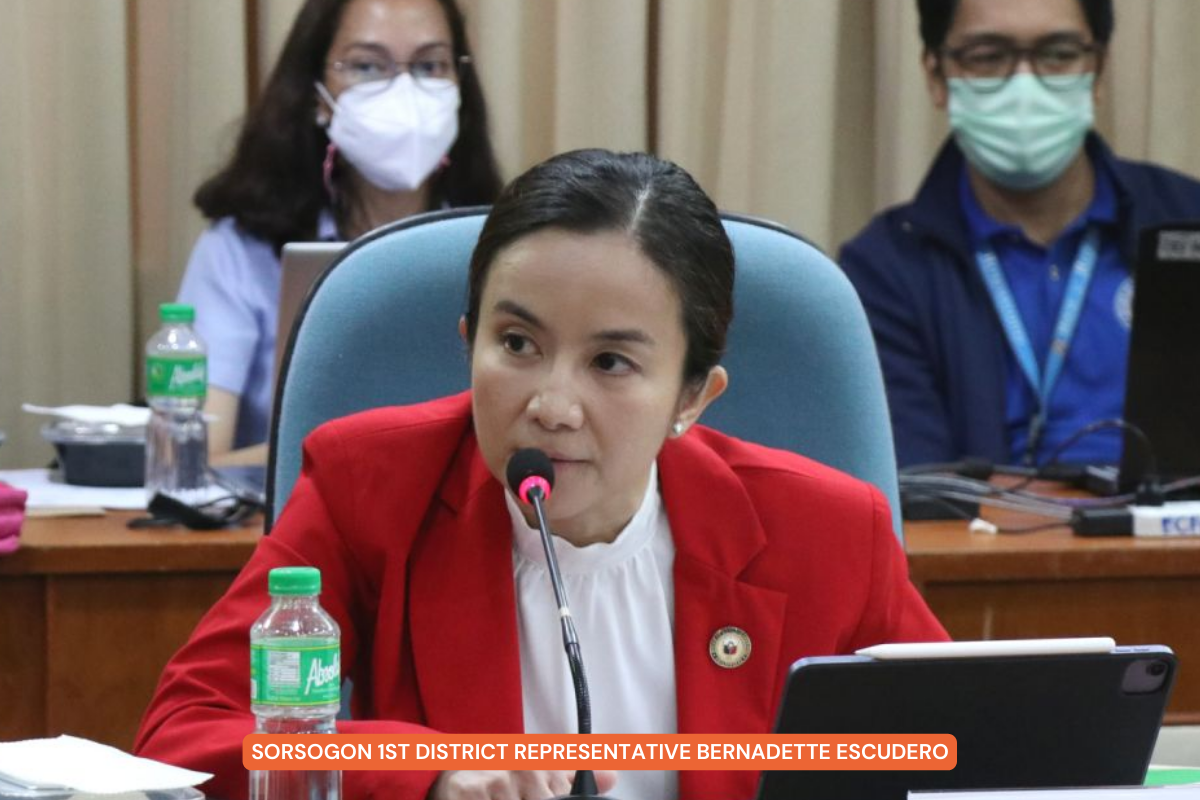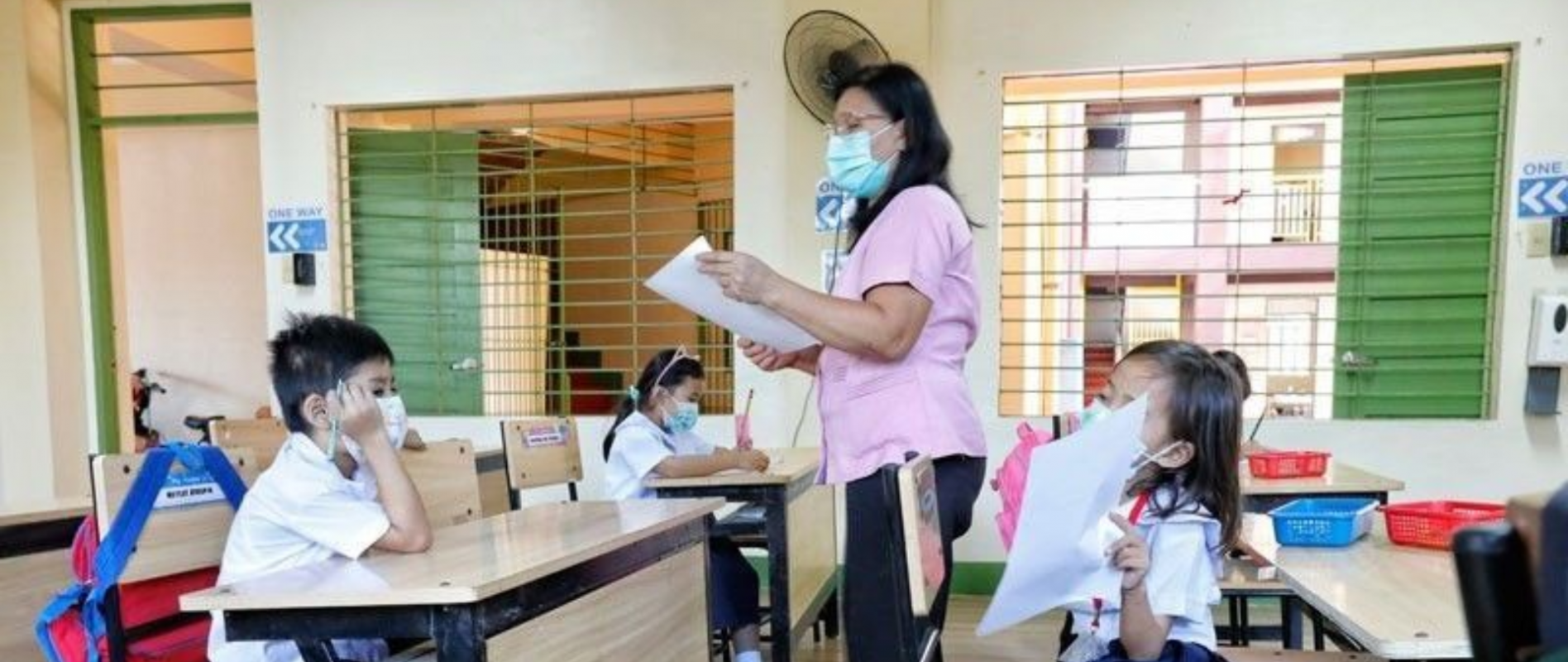DEPED OFFICIAL BATS FOR LOCALIZED DEPED TV MATERIALS
THE DEPARTMENT of Education urged field officials to develop localized content for DepEd TV and radio to avoid duplication of materials.
“Let us not reinvent the wheel, let us not also duplicate efforts already made. Kapag nakagawa na ang DepEd TV ng episode, huwag nang gumawa ang regional offices. Sayang ang panahon, sayang ang effort, at sayang ang pera,” Education Undersecretary for Administration Alain Del Pascua said.
Del Pascua emphasized the importance of presenting new topics and distributing video instructions for DepEd TV in all regions.
DepEd TV is focused on creating video content for the 5,689 Most Essential Learning Competencies.
The MELCs are based on the K to 12 curricula.
“Outside of the MELCs, puwedeng mag-concentrate ang ibang division at eskuwelahan. Ito ay magkaiba sa gagawin ng DepEd TV. Actually, magiging complimentary at support ito [sa distance learning],” Del Pascua said.
He called on Education officials in regions, divisions, and schools with TV and radios to undertake Mother Tongue-Based Multilingual Education video and audio productions for K-3 lessons.
“The Central Office-led DepEd TV uses mainly English and Filipino languages in its episodes. All MTB-MLE videos must be produced at the local levels at this time. They can be made with new productions or the DepEd TV episodes may be dubbed using the local language,” Pascua said.
During the recent launch of the Instructional Media Centers by the Schools Division Office of Pasig City, Pascua emphasized that with the collective initiatives of DepEd Commons, DepEd TV, and DepEd Radio “magiging kahanga-hanga ang mga divisions, mga regions, pati na rin ang mga eskuwelahan.”
DepEd TV, the main television-based instruction initiative of the department, has produced 1,981 episodes since the first quarter of School Year 2020-2021.
DepEd-ICT Service Director Abram Abanil said the production of episodes has been ramped up to cover all of the learning competencies in each subject in the basic education curriculum.
Abanil said that 130 episodes are produced every week.
“We can air on television these episodes so the youth can still learn even if they don’t have face-to-face classes,” he said.














